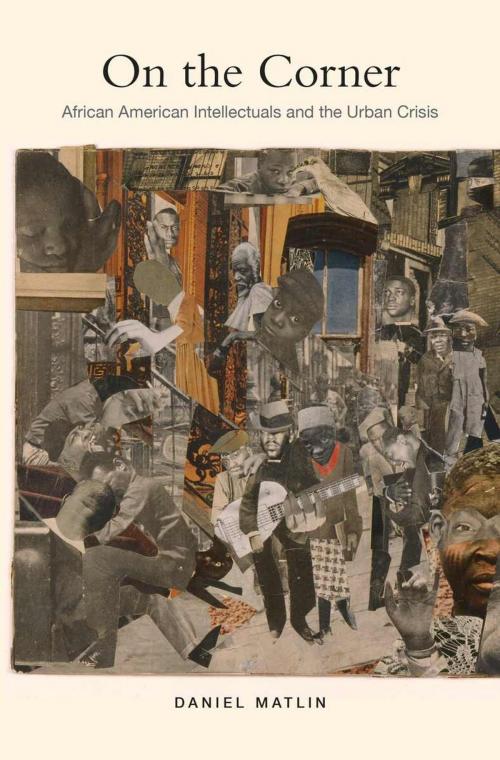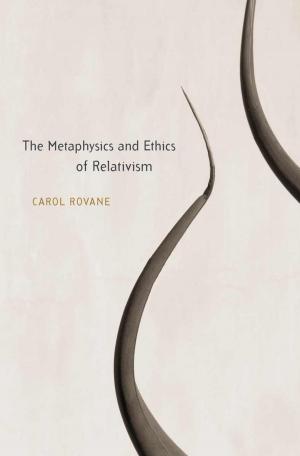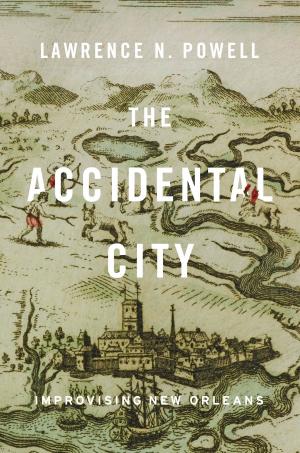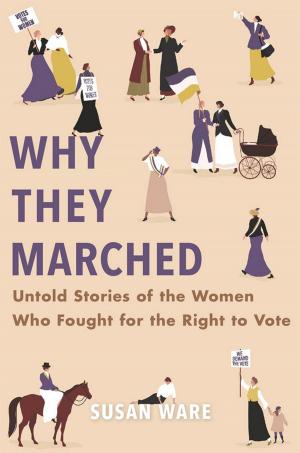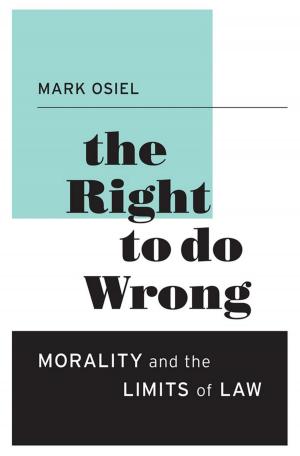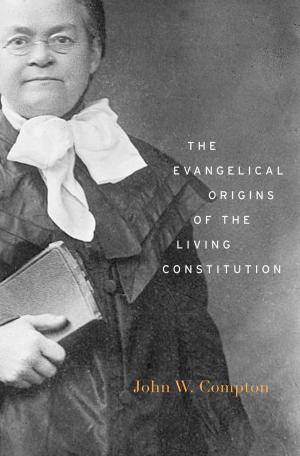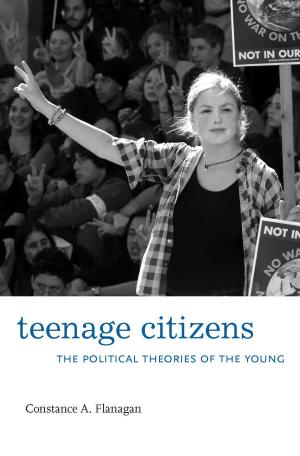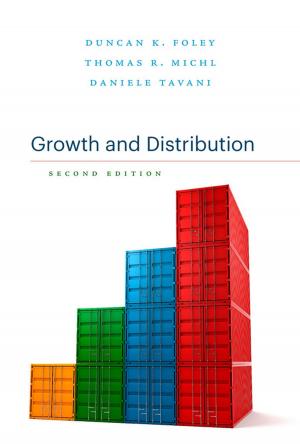On the Corner
Nonfiction, Social & Cultural Studies, Social Science, Sociology, Urban, Cultural Studies, African-American Studies, History, Americas, United States, 20th Century| Author: | Daniel Matlin | ISBN: | 9780674727052 |
| Publisher: | Harvard University Press | Publication: | November 1, 2013 |
| Imprint: | Harvard University Press | Language: | English |
| Author: | Daniel Matlin |
| ISBN: | 9780674727052 |
| Publisher: | Harvard University Press |
| Publication: | November 1, 2013 |
| Imprint: | Harvard University Press |
| Language: | English |
In July 1964, after a decade of intense media focus on civil rights protest in the Jim Crow South, a riot in Harlem abruptly shifted attention to the urban crisis embroiling America's northern cities. On the Corner revisits the volatile moment when African American intellectuals were thrust into the spotlight as indigenous interpreters of black urban life to white America, and when black urban communities became the chief objects of black intellectuals' perceived social obligations. Daniel Matlin explores how the psychologist Kenneth B. Clark, the literary author and activist Amiri Baraka, and the visual artist Romare Bearden each wrestled with the opportunities and dilemmas of their heightened public stature. Amid an often fractious interdisciplinary debate, black intellectuals furnished sharply contrasting representations of black urban life and vied to establish their authority as indigenous interpreters. In time, however, Clark, Baraka, and Bearden each concluded that acting as interpreters for white America placed dangerous constraints on black intellectual practice. On the Corner reveals how the condition of entry into the public sphere for African American intellectuals in the post-civil rights era has been confinement to what Clark called "the topic that is reserved for blacks."
In July 1964, after a decade of intense media focus on civil rights protest in the Jim Crow South, a riot in Harlem abruptly shifted attention to the urban crisis embroiling America's northern cities. On the Corner revisits the volatile moment when African American intellectuals were thrust into the spotlight as indigenous interpreters of black urban life to white America, and when black urban communities became the chief objects of black intellectuals' perceived social obligations. Daniel Matlin explores how the psychologist Kenneth B. Clark, the literary author and activist Amiri Baraka, and the visual artist Romare Bearden each wrestled with the opportunities and dilemmas of their heightened public stature. Amid an often fractious interdisciplinary debate, black intellectuals furnished sharply contrasting representations of black urban life and vied to establish their authority as indigenous interpreters. In time, however, Clark, Baraka, and Bearden each concluded that acting as interpreters for white America placed dangerous constraints on black intellectual practice. On the Corner reveals how the condition of entry into the public sphere for African American intellectuals in the post-civil rights era has been confinement to what Clark called "the topic that is reserved for blacks."
